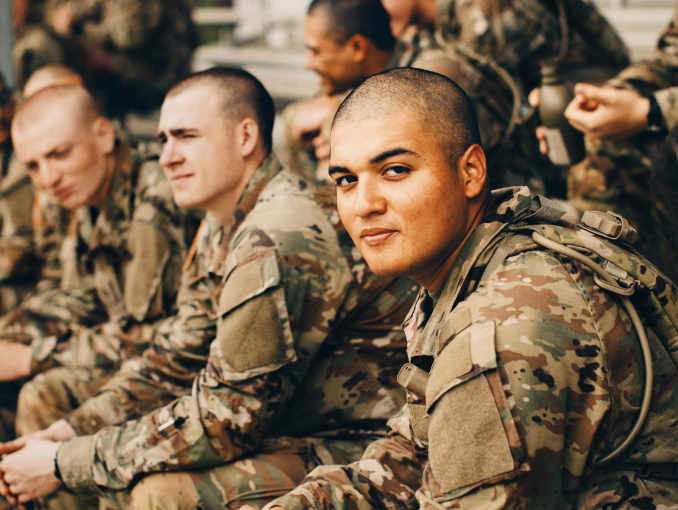All Jobs
Find your career in the U.S. Army.

Benefits that protect your future
Take the first step.
Find out more about becoming a Soldier and if a career in the Army is right for you.

You have no saved jobs.
Take a short quiz or explore more than 200 jobs that might interest you.
Army Career Match